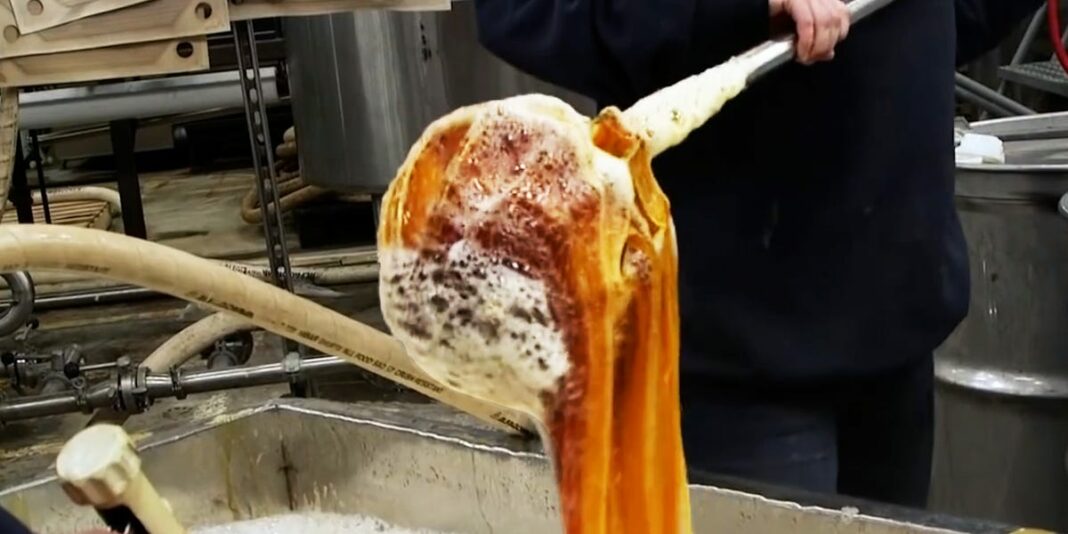6 of the World’s Most Smuggled Foods
1. Caviar
Caviar, the delicate roe of the sturgeon fish, is one of the most luxurious foods in the world. It is also highly prized by smugglers due to its high value in the black market. The illegal trade of caviar poses a threat to the survival of sturgeon populations in the wild.
2. Truffles
Truffles, the rare and expensive fungi that grow underground, are another highly sought-after food item that is often smuggled across borders. The demand for truffles far exceeds the supply, leading to illegal harvesting and trafficking of these delicacies.
3. Saffron
Saffron, the world’s most expensive spice, is commonly smuggled due to its high value per ounce. The labor-intensive process of harvesting saffron makes it a target for smugglers looking to profit from its sale on the black market.
4. Pufferfish
Pufferfish, a delicacy in many Asian countries, contains a deadly toxin that can be fatal if not prepared properly. Despite its risks, the demand for pufferfish has led to an increase in illegal smuggling of this sought-after seafood.
5. Lobster
Lobster, known for its sweet and tender meat, is a popular food item that is often subject to smuggling due to strict fishing regulations and quotas. The high demand for lobster in international markets has created opportunities for illegal trade and exploitation of marine resources.
6. Beluga Caviar
Beluga caviar, made from the eggs of the beluga sturgeon, is considered the finest and most expensive caviar in the world. The dwindling population of beluga sturgeon has led to an increase in the smuggling of this prized delicacy, putting further pressure on the species‘ survival.
Conclusion
In conclusion, the illegal trade of these six foods poses a significant threat to wildlife and ecosystems around the world. The high demand for these luxury items has created a lucrative black market for smugglers, leading to overharvesting, exploitation, and endangerment of endangered species. It is crucial for governments and law enforcement agencies to step up efforts to combat the illegal trade of these foods and protect the biodiversity of our planet.
FAQs
Q: Why are these foods so commonly smuggled?
A: These foods are often highly prized for their rarity, delicacy, and high market value, making them lucrative targets for smugglers looking to profit from their sale on the black market.
Q: What are the consequences of illegal smuggling of these foods?
A: The illegal trade of these foods can lead to overexploitation of natural resources, endangerment of wildlife species, and disruption of ecosystems. It also undermines efforts to enforce conservation measures and protect biodiversity.
Q: What can be done to combat the illegal trade of these foods?
A: Governments, law enforcement agencies, and international organizations need to work together to strengthen regulations, increase surveillance and enforcement measures, and raise awareness about the consequences of illegal smuggling. Consumers can also play a role by choosing to buy sustainably sourced and legally harvested foods.




